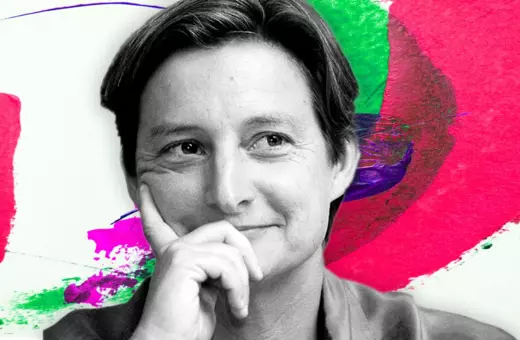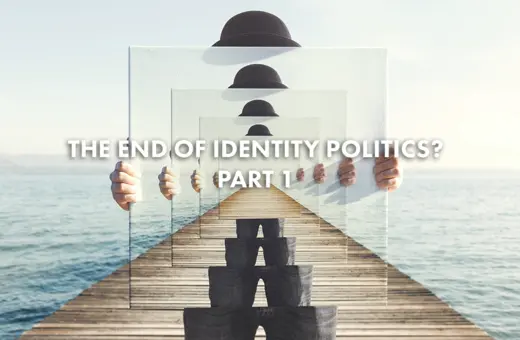I just celebrated my 35th birthday, which according to my tenuous 20-something life plan was when I would be married and about to embark upon baby making. I won’t go into the various reasons why this hasn’t happened. It’s complicated, but in one sense it’s also perfectly simple – I’ve been progressing in life, ticking some boxes, leaving others expectantly empty because, as we are constantly told, we can’t expect to have it all. And yet, biology hasn’t yet caught up with the requirements of the modern woman lifestyle. As a result, the question of “to freeze or not to freeze” increasingly crops up in conversation with my female friends. Some are single, some are in happy relationships but for a variety of reasons (financial, social, professional) they are all considering delaying motherhood for either the first or second time.
Egg freezing, or oocyte cryopreservation to use it’s technical name, was originally conceived to help women facing infertility for medical reasons (such as undergoing chemotherapy which causes sterility), was brought into the mainstream in 2012, when the American Society for Reproductive Medicine stated that the procedure was no longer “experimental”. Although there was initially a degree of controversy over the notion of women freezing their eggs as an insurance policy for fear of not finding a partner or wanting to focus on careers, the social stigma surrounding the practice has largely dissipated. Now, it’s seen by many as a practical solution to the problem that while we are all taking longer to settle down and reproduce (the average age for a women to have her first child is 31), our biological clock is not fitted with snooze button.
So socially acceptable has it become to put your fertility on hold that in New York City, the latest trend is for egg freezing cocktail parties. Single ladies gather in glamorous locations, quaff cocktails and find out how the process works and the costs involved. The party atmosphere reportedly helps people relax, ask questions and open up about the circumstances that brought them to this point. These “Let’s Chill” parties (yes, it’s a terrible name) can only help combat the stereotype of the desperate Bridget Jones singleton waiting for Prince Charming to bring her 2.4 children and a house in the suburbs. Egg freezing helps women take the power back over their bodies and life choices – many describe it as an empowering process. Friends of mine who have done it say it helps keep their wannabe parent panic at bay, and stops them sizing up each new date as a potential baby daddy.
The parties, which have yet to launch in the UK, are hosted by an innovative start-up called Eggbanxx which aims to make egg freezing more financially accessible, as well as raise awareness. The cost of egg freezing can be prohibitive – most UK clinics charge between £3-5000, which is around the same price as a round of IVF. Eggbanx offers to cover the upfront costs of the procedure in exchange for a reasonable deposit from the patient, who then reportedly has to pay an average of $200 per month over a 48-month period, according to a piece in the Huffington Post.





















Join the conversation